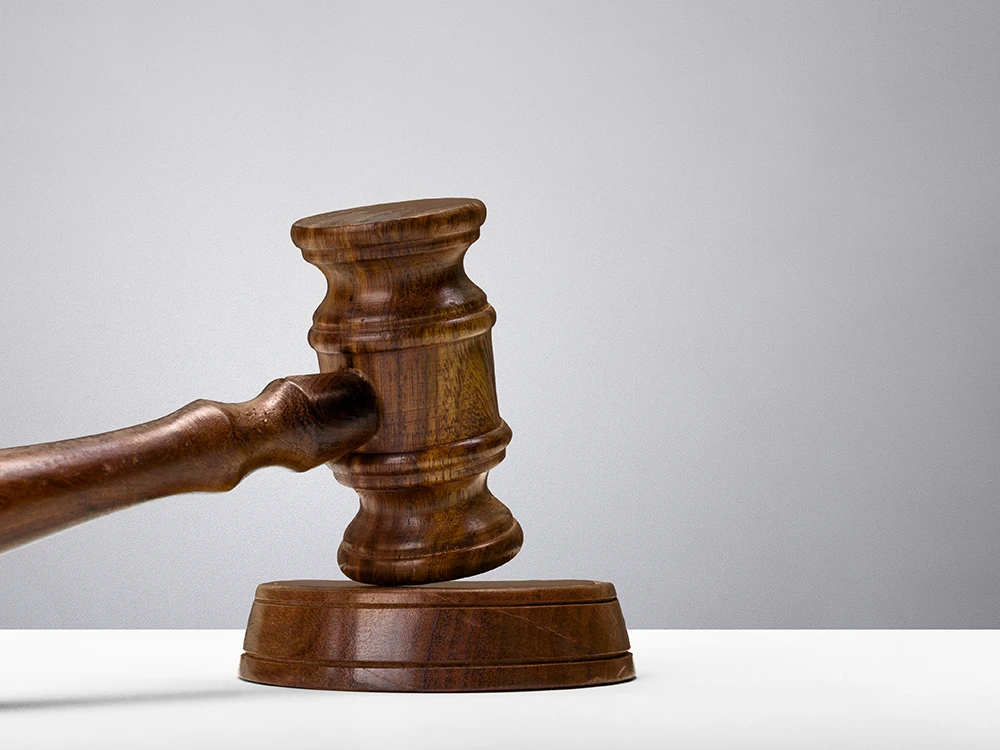In the United States, criminal defendants do have the right to defend themselves. However, a United State Supreme Court case called Faretta clarified that a defendant’s waiver of counsel is only valid as long as it is knowingly and intelligently made. Essentially, a defendant needs to be competent enough to understand the ramifications of their actions. While defendants do have the right to represent themselves, it is generally a bad idea. That’s why defendants should always contact a skilled Tampa criminal defense attorney as soon as they are arrested.
General Competency
Whether a defendant is represented by counsel or representing themselves, they need to be competent in order to stand trial. This is different than an insanity defense. Competency refers to the defendant’s mental state at trial. They need to be competent enough to understand the nature of the proceedings against them and meaningfully assist in their own defense.
In a case heard by the Florida Third District Court of Appeal, the defendant represented himself at trial after dismissing two different attorneys. Before the trial began, the defendant was determined to be incompetent to stand trial. However, after a period of hospitalization without medication, he was deemed competent enough to stand trial. At several points throughout the trial the court did a Faretta inquiry and each time the defendant was found competent to stand trial and represent himself.
 Tampa Criminal Lawyer Blog
Tampa Criminal Lawyer Blog



















